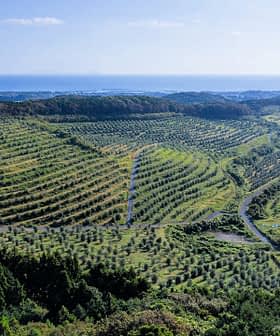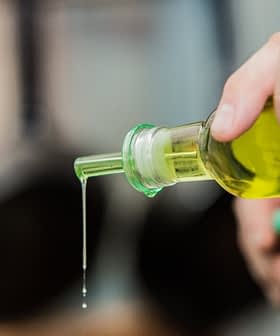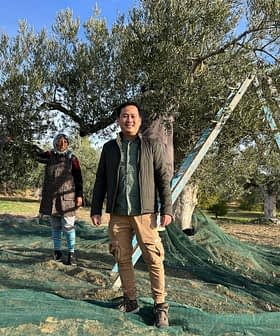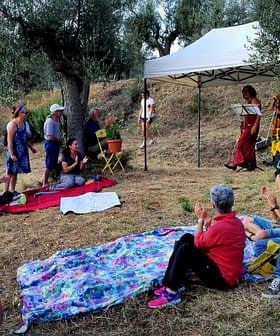The International University Of Andalucía, (UNIA), initiated a new course on Mediterranean olive growing, which was held in the African country of Tunisia this month.
The course, which was concluded on the 7th of November, was attended by around 50 students, including university graduates and technicians working in fields related to olive growing. The program was led by Lourdes Soria, coach for the Andalucían Centre for Rural Development Studies at the university, but also featured expert guest speakers from both the Spanish and Tunisian olive industry.
Speakers, including José Carlos Bautista West, from Jaén GEA Westphalia, Juan Manuel Cabellero and Javer Hidalgo Moya, researchers from the Agrifood and Fisheries Research and Training Institute in Cordova , as well as various representatives from the Olive Institute of Tunisia shared their knowledge throughout the duration of the course. Participants gained insight into new farming techniques, management practices, and modern agronomic techniques.
The course, which was an initiative generated through the collaboration of the UNIA, the National Agronomic Institute of Tunisia, and the International Olive Council, has been designed to promote the exchange of experience and knowledge between the Spanish and Tunisian olive sectors. The sustainable development of the industry was forefront in the organisation of the course, with special focus on managing olive tree cultivation and changing growth conditions.
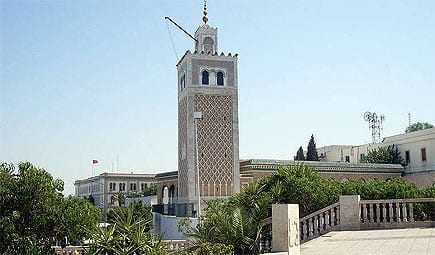
The olive and olive oil industry is of great importance to Tunisia, which is the fourth largest exporter worldwide, after Spain, Greece and Italy, and the largest exporter outside of the EU. About one-third of Tunisia’s arable land is dedicated to olive groves, however, there is concern that cultivation and harvest methods need to be brought up to date for the sector to continue to grow.
This year, Tunisian olive oil exports were around 25 percent greater than the previous year, an increase that may be attributed to good strategies to maintain quality and quantity. However, productivity is still thought to require optimization, and modern techniques such as mechanical vibration harvesting and more appealing packaging alternatives need to be promoted.
General Secretary of the Agricultural Investment Promotion Agency, Amel Bil Hadj Kacem stated his intention last year to work with foreign investors to overcome the problems in the industry and to promote Tunisia as a leading oil producer. Collaborations with Spain, the leading olive oil producer in the world, are hoped to provide the knowledge needed to modernize the industry and increase the presence of Tunisia in the global olive sector.





